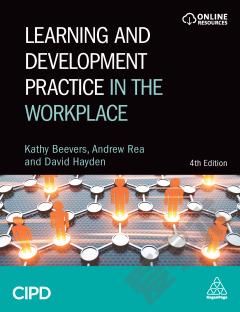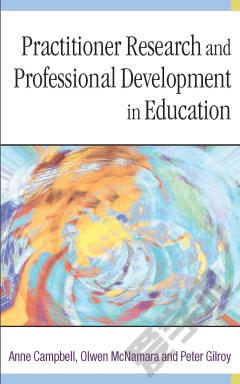Collaborative Learning: Developments in Research and Practice
Collaborative learning is well recognised as a pedagogical practice that promotes socialisation and learning among students from kindergarten to the university level and beyond. Children, adolescents, and adults learn from each other in a vast array of formal and informal settings in schools and the wider community. This book brings together a diverse range of international scholars to profile new pedagogical developments in collaborative learning and to highlight how these practices have been implemented. The term collaborative learning is used very broadly in this volume and includes cooperative learning, peer learning, and peer collaboration. The proponents of these practices argue that by working together, students have many opportunities to learn and develop a greater understanding of others with diverse social, personal, and academic competencies. The emphasis in this volume is on chapters that have a strong evidence-base for the work that is presented. This includes chapters that present empirical studies, research reviews, case studies and theoretical reviews because there is much to be gained by sharing and learning about what happens and how different pedagogical practices have been implemented. These chapters include pedagogical practices in mathematics learning, classroom-based talk, literacy, learning processes, group work, pre-service teacher education, teacher professional development, web-based technologies, and affective education and development. This book will have appeal to pre-service and experienced teachers who are interested in how different collaborative pedagogies can be embedded in different curricula to promote student engagement with learning. It will also be valuable as a reference text in post-graduate courses that focus on research training in education.
{{comment.content}}








 京公网安备 11010802027623号
京公网安备 11010802027623号